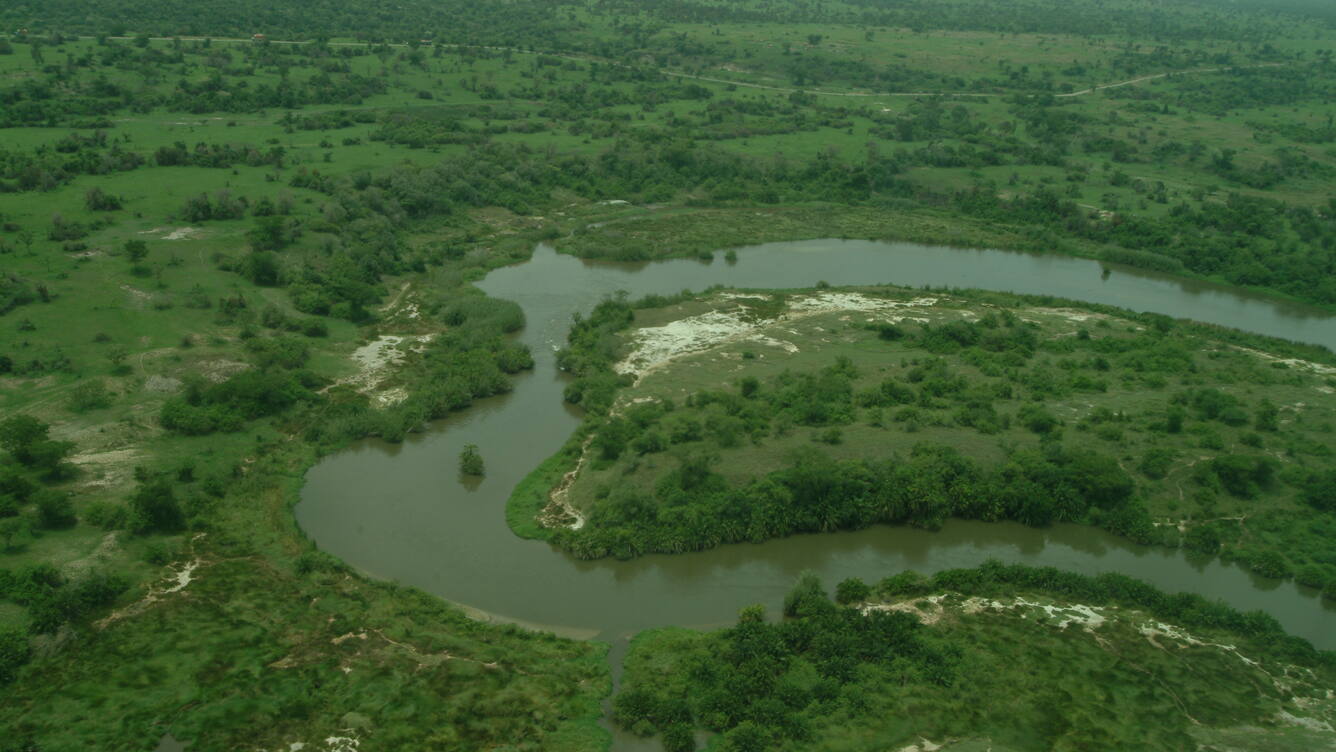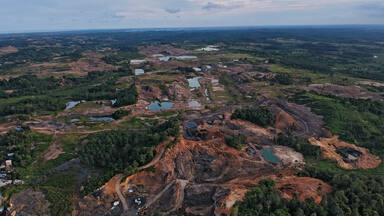UNESCO welcomes growing commitment by oil, gas and mining corporations to keep out of World Heritage sites
UNESCO has welcomed confirmation from French-based oil and gas corporation Total that it will refrain from prospecting or exploiting oil and gas in natural sites inscribed on the World Heritage List, saying this was an encouraging sign for World Heritage conservation.
In a letter sent earlier this month to UNESCO, Total’s Directeur délégué, Relations avec les ONG et la Société civile (Vice President for relations with NGOs and civil society), Alain Castinel, reaffirmed a pledge made by Total in June 2013 concerning the 217 natural sites inscribed on the World Heritage List at that time.
Total’s letter follows appeals in 2012 and 2013 by the World Heritage Committee to oil companies with concessions infringing on the Virunga National Park (Democratic Republic of Congo) to steer clear of World Heritage properties. Shell and the International Council on Mining and Metals, which groups the world’s 22 leading mining companies, have already made commitments to this effect.
“This landmark decision by one of the major oil companies is an encouraging indication of growing awareness in the corporate world of the outstanding universal value of World Heritage properties and the need to preserve them,” said Mechtild Rossler, Deputy Director of UNESCO’s World Heritage Centre.
“I trust that the sensitivity demonstrated by Total, Shell and the International Council on Mining and Metals will gain ground among other economic players who have a responsibility to respect the World Heritage Convention not just today but for future generations as well,” she added. “I sincerely hope that Total’s commitment will be further extended to include World Heritage sites to be designated in the future.”
The World Heritage List presently includes 981 sites in 160 countries. Two-hundred and twenty-two of these sites are recognized for their natural values (192 natural sites and 30 mixed properties with both natural and cultural features of outstanding universal value).
UNESCO is committed to continue the dialogue with the major players in the oil, gas and mining industry to ensure the conservation of natural World Heritage sites.


